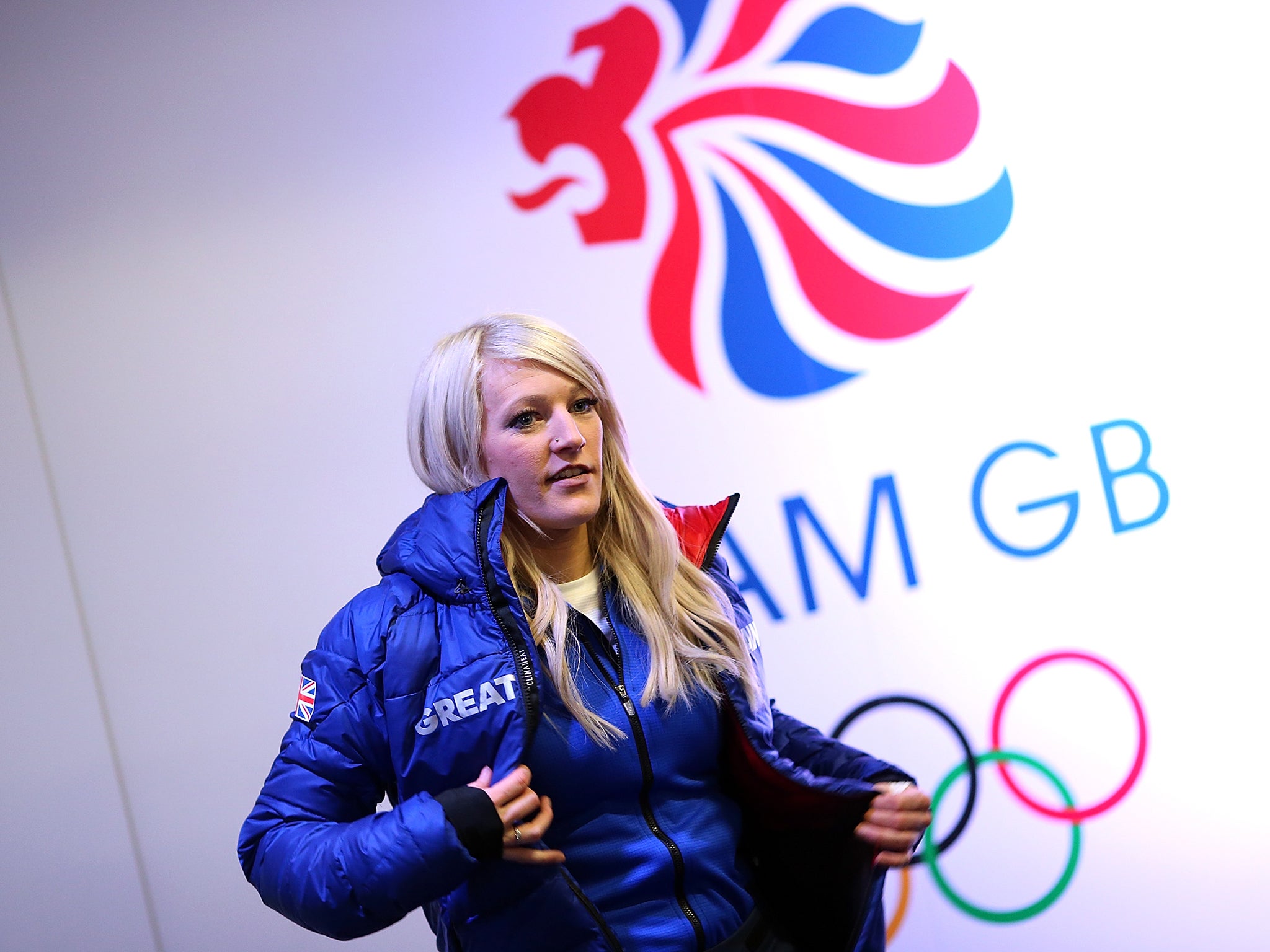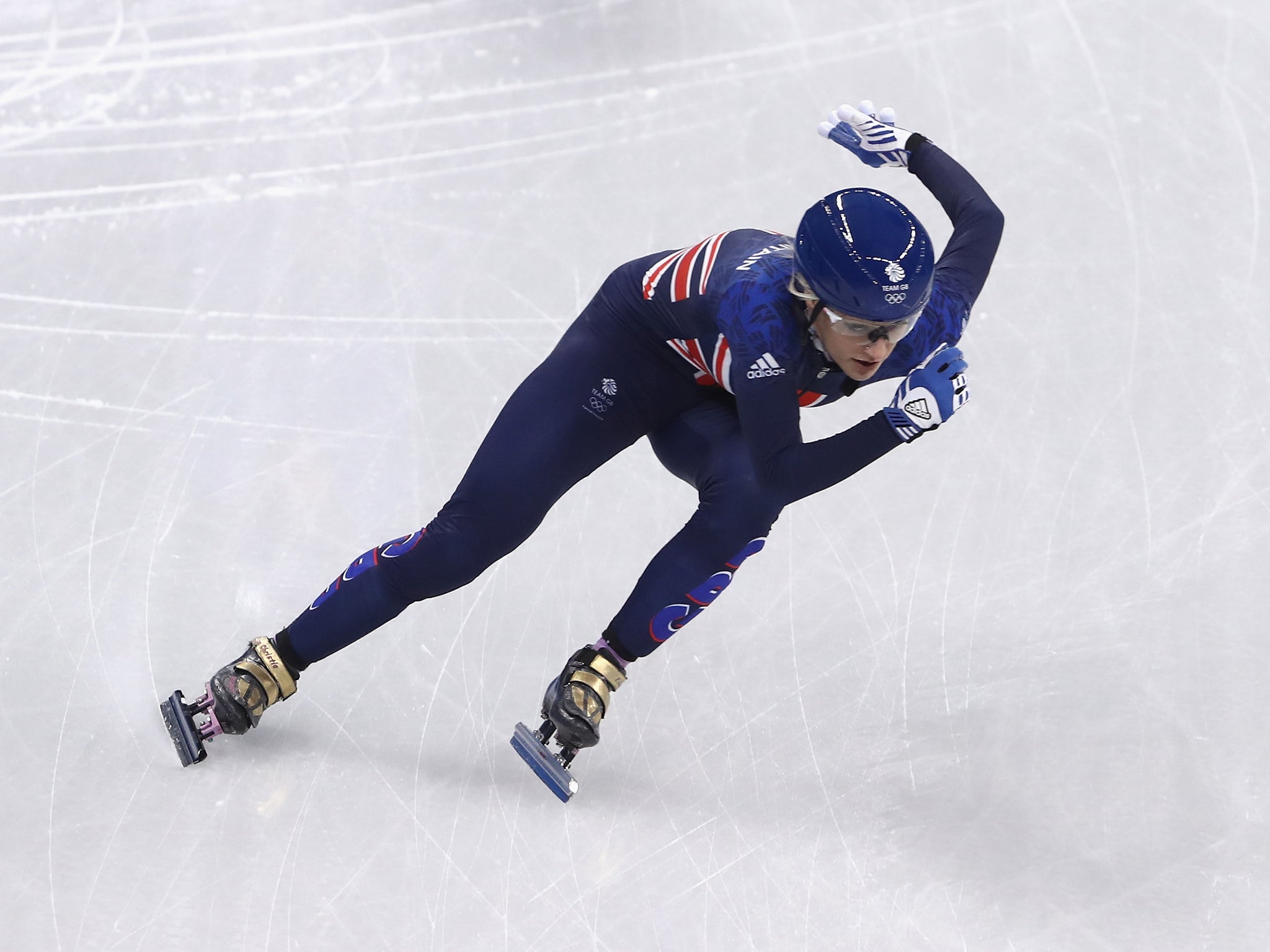Winter Olympics 2018: Britain expected to miss medal target despite double the funding since Sochi 2014
UK Sport has set Team GB the target of at least four medals and a stretch target of 10, but a sports data specialist believes Britain will do well to claim more than two medals

Your support helps us to tell the story
From reproductive rights to climate change to Big Tech, The Independent is on the ground when the story is developing. Whether it's investigating the financials of Elon Musk's pro-Trump PAC or producing our latest documentary, 'The A Word', which shines a light on the American women fighting for reproductive rights, we know how important it is to parse out the facts from the messaging.
At such a critical moment in US history, we need reporters on the ground. Your donation allows us to keep sending journalists to speak to both sides of the story.
The Independent is trusted by Americans across the entire political spectrum. And unlike many other quality news outlets, we choose not to lock Americans out of our reporting and analysis with paywalls. We believe quality journalism should be available to everyone, paid for by those who can afford it.
Your support makes all the difference.Team GB will miss its medal target in Pyeongchang this month despite sending its biggest and best-funded team to a 2018 Winter Olympics, sports data specialist Gracenote has predicted.
Having matched their best return from a Winter Games in Sochi four years ago, the team's budget was doubled by funding agency UK Sport to more than £28m and the 59-strong team will compete in 11 of the Games' 15 disciplines.
With high hopes for speed skater Elise Christie, the curlers and freestyle skiers and snowboarders, UK Sport wants at least four medals, with a stretch target of 10.
But Gracenote's final virtual medal table, which is based on results in previous Games and major events, has Team GB coming home with only a silver and a bronze, both won by Christie in the 1,000m and 500m, respectively.
Much like its accurate assessment of the British team's chances at the World Athletics Championships in London last summer, Gracenote is predicting a series of near-misses, with the likes of defending skeleton champion Lizzy Yarnold, cross-country skier Andrew Musgrave and slopestyle skiers Isabel Atkin and James Woods doing well but not quite well enough.
In its opinion, five nations are going to share more than half of the 306 available medals in the South Korean resort over the next two and a half weeks: Canada, France, Germany, Norway and the United States.
Of those, Germany and Norway are tipped to fight it out for the top spot on the medal table, with Gracenote's statistical model predicting Germany to win 14 golds to Norway's 13, while Norway wins the overall count, 41 to 39.
If Norway do win 41 medals it would break the American-held record of 37 medals at Vancouver 2010, with the Scandinavians set to dominate the cross-country skiing events. Germany's strongest sport is biathlon.
The US, led by their female skiing stars Mikaela Shiffrin and Lindsey Vonn, are expected to come third in the table with 29 medals, 11 of them gold, with France and Canada not far behind. Other nations expected to do well include the Netherlands, Austria, the hosts Korea, China and Switzerland.
The obvious absentee from this list is Russia, which topped the medal table on home ice and snow four years ago but has since been revealed to have cheated with a state-sponsored doping operation.
As a result, only invited Russians are competing in Pyeongchang as Olympic Athletes from Russia [OARs], and the International Olympic Committee's various disciplinary and vetting measures have stripped the OAR team of several potential medalists.

Gracenote believes this has cost 'Russia' 12 medals, including speed-skating golds for Pavel Kulizhnikov and Denis Yuskov, and the OAR team will only win eight medals. Norway are the biggest potential beneficiaries, with five more medal shots, but the Netherlands are expected to pick up both those speed-skating golds.
This, however, could change if 32 currently-excluded Russians are successful with late appeals to the Court of Arbitration for Sport.
Their cases will be heard on Wednesday, two days before the start of the Games, which run from 9-25 February.
PA
Join our commenting forum
Join thought-provoking conversations, follow other Independent readers and see their replies
Comments